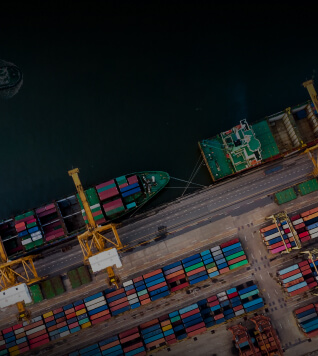Uyghur Forced Labor Prevention Act (UFLPA)

Uyghur Forced Labor Prevention Act (UFLPA)
The US government enforced a law that aims to tackle imports linked to forced labor in Xinjiang Uyghur Autonomous Region (XUAR) of China. The Uyghur Forced Labor Prevention Act (UFLPA) determines that “any goods, wares, articles, and merchandise mined, produced or manufactured wholly or in part” in XUAR should be assumed to be the product of forced labor unless proven otherwise.
To begin with, the Department of Homeland Security (DHS) adopted a relatively narrow enforcement focus, targeting Xinjiang shipments from four high-risk sectors (appareal, cotton, tomatoes, and polysilicon) or associated with companies from “UFLPA Entity List“. Although, if there’s credible evidence that a particular shipment, product or company is tied to production in XUAR, DHS will target such reports for enforcement.
Importers who shipments are flagged for potential associated with the high-risk sectors or listed entities will have to provide convincing evidence that their goods are not sourced whole or in part from the region, or that their goods, although sourced from XUAR, were not produced with forced labor. The US government’s guidance lists the evidence that importers can rely on, including:
- A comprehensive supply chain mapping indicating the facilities where the goods were produced
- Information on all workers at each facility, including information on wage payments and recruitment practices proving that workers are not subject to forced labor
Customs and Border Protection maintains a UFLPA statistics dashboard to let companies track the latest numbers on denied shipments.
